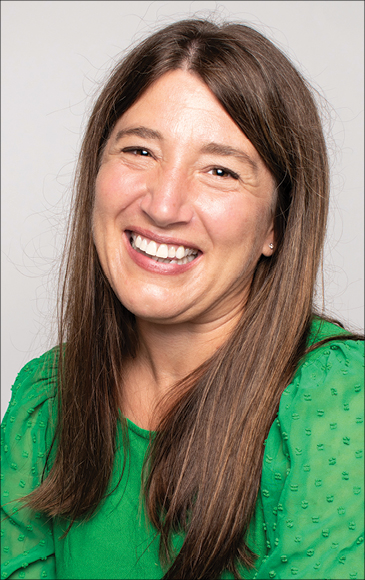
|
The Unbiased Self
paperback
|
- Length: 192 pages
- Dimensions: 6 × 9 in
- Published: March 11, 2025
- Imprint: IVP Academic
- Item Code: A0976
- ISBN: 9781514009765
-
Other Retailers:
Amazon*
*affiliate partner
A Christian Perspective on Overcoming Cognitive Bias
So much human behavior can be explained by two motives: we want to be right, and we want to feel good about ourselves. But the tension between these two motives makes us especially vulnerable to bias—and bias distorts our view of the world and of ourselves and can keep us from doing even what we know is right.
In The Unbiased Self, social psychologist Erin Devers lays out what psychology has discovered about bias and selfishness. To truly overcome cognitive bias, we need a vision of what an unbiased self could look like, stemming from a solid sense of identity—an identity available in Christian faith. Devers explains how a Christian concept of the self can provide the combination of humility with self-confidence that enables unbiased thinking. Using current research and illuminating stories, this book
- describes how "fast" and "slow" thinking work together in everyday life;
- diagnoses when we're most vulnerable to distorted thinking;
- considers how regarding every person as a child of God counteracts implicit bias;
- reveals psychological insights into spiritual formation; and
- recommends practices for slowing our thinking to seek God's wisdom about ourselves and others.
The social sciences offer rich resources for understanding how to reduce stereotyping and prejudice. By thoughtfully integrating them with biblical perspectives on human worth and sin, we gain hopeful, practical guidance on how to perceive the world more accurately and love others more generously.
"For years, I have been studying common glitches in human reasoning known as biases, and so I picked up with real interest this new book on the subject by social psychologist Erin Devers. I learned something valuable and new on the first page, and I finished the book as a fan of Professor Devers' work. If you want to be right (as opposed to wrong) and you want to have valid reasons to feel good about yourself, The Unbiased Self can really help you."
"The Unbiased Self explores the cognitive processes behind bias and the role of faith in guiding individuals to confront and reduce these biases to achieve a more truthful understanding of the self. The book is intellectually rigorous and spiritually enriching, and the result is a valuable resource for students, researchers, and practitioners interested in the intersection of faith and psychology."
"From the first pages, The Unbiased Self convinced me that our dual needs—(1) to be right and (2) to feel good about ourselves—drive cognitive bias! Dr. Devers highlights how faith in God offers a more fulfilling way to meet these needs and thus shed our biases. The book blends fascinating social psychology research with relevant news stories and hilarious anecdotes. I found myself discussing its central ideas with friends and family right away and implementing its practical strategies to turn to God to 'hack' my thinking. Reading it, I felt joyous, grateful, and deeply humbled!"
CONTENTS
Introduction: We Want to Be Right and We Want to Feel Good About Ourselves
1. The Origin of Bias
2. Who You Think You Are Creates Bias
3. What You Believe About Yourself Creates Bias
4. Less Biased Slow Thinking
5. Less Biased Fast Thinking
6. Reducing Bias in How You Love Your Neighbor
7. Reducing Bias in the Church
Conclusion: Self-Compassion













